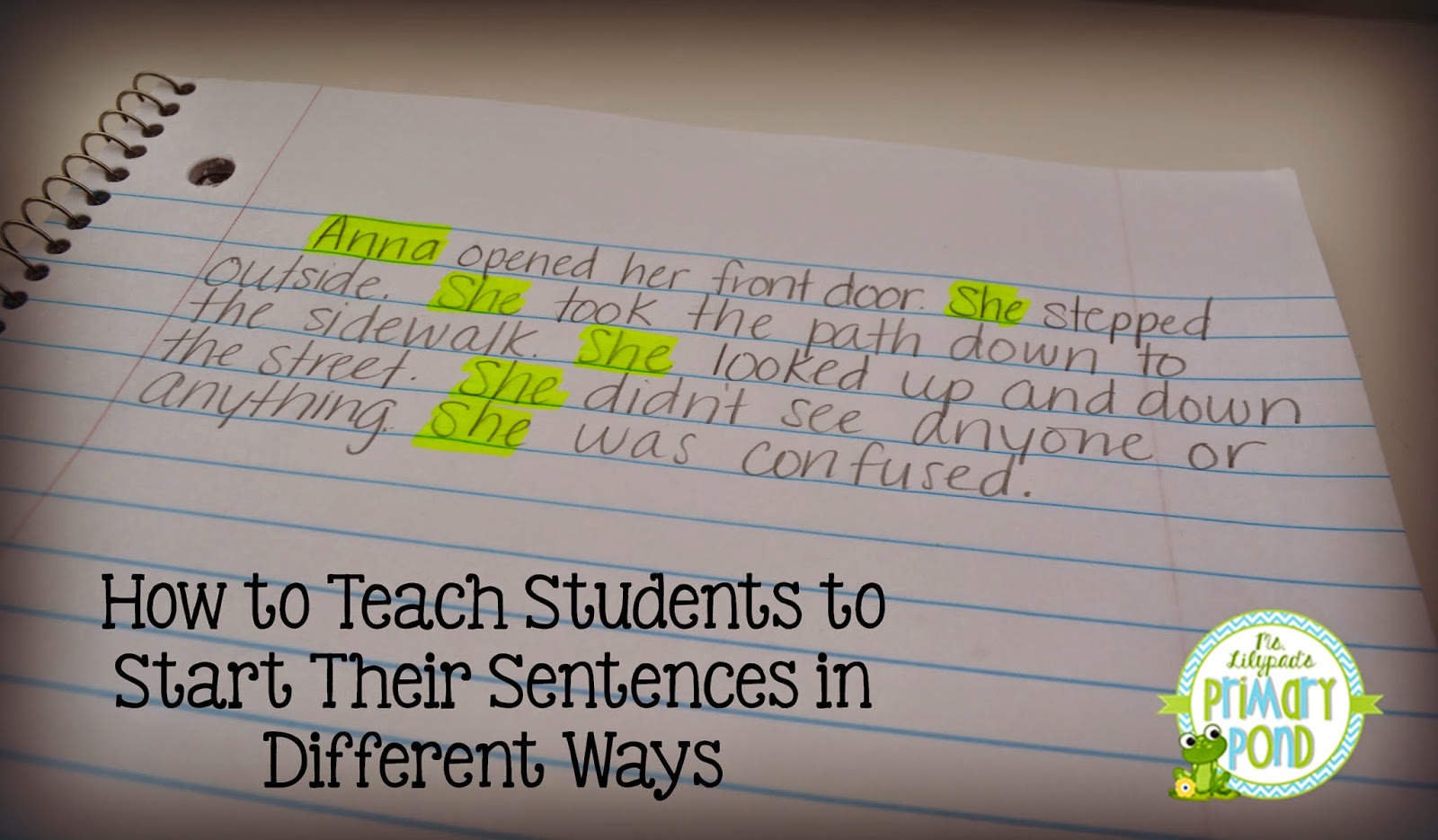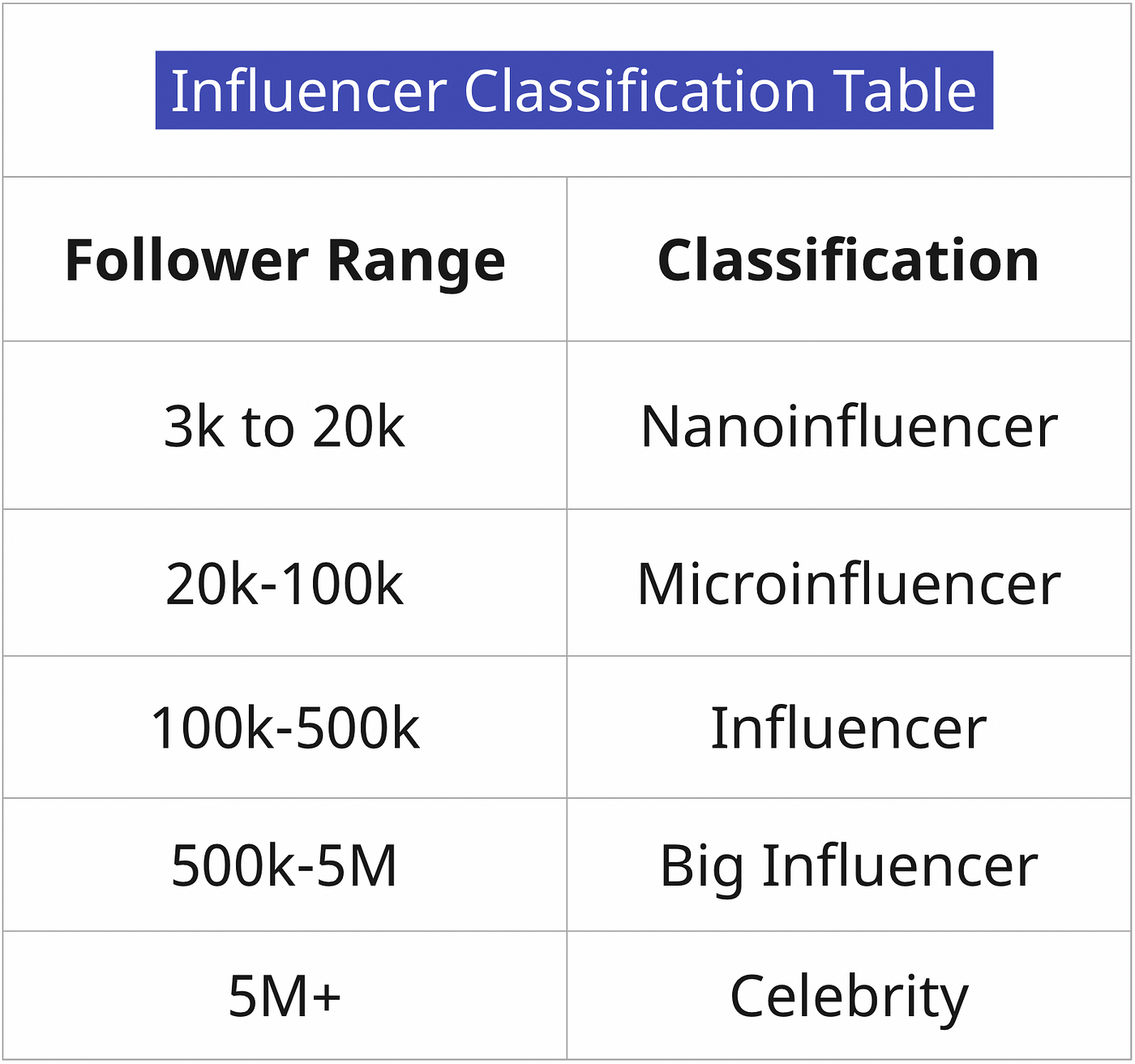

Hopefully, we’ll be able to see the eclipse later tonight.Something like this might help you to understand it: There are many things you might be able to write after “hopefully.” Most people simply use it as a way to break up the flow of their writing enough to give the reader a breather. It gives you the creative freedom to come up with something that would be advantageous. When used at the beginning of a sentence, you follow it with a situation or scenario that you would like to take place. “Hopefully” means that you are hoping that something will happen. What Does “Hopefully” Mean at The Beginning of a Sentence? Watch the video: Only 1 percent of our visitors get these 3 grammar questions right.

However, nowadays, it’s more common to place “hopefully” at the start to modify the entire sentence to show what you want to happen. Old-fashioned rules would mean that “hopefully” could only be used to modify a verb in the sentence since it’s an adverb. It’s a fairly new structure to include in sentences, and some people that follow more formal and old-fashioned rules believe that “hopefully” is only correct as an adverb. The only people that might question its validity are those that are stuck in the old ways of English. If The Cambridge Dictionary (a well-respected English dictionary) can recognize “hopefully” as part of the start of a sentence, then it shows that it’s certainly acceptable to place it there. The definition of “hopefully,” according to The Cambridge Dictionary, is “used, often at the start of a sentence, to express what you would like to happen.” It is an adverbial form that allows you to modify the rest of the sentence as a whole (rather than being stuck to modifying a single noun or adjective). You can start a sentence with “hopefully.” It is one of the most common ways of using “hopefully” in a sentence. Alternatives to Starting a Sentence With “Hopefully” Can You Start a Sentence With “Hopefully”?.Can You End a Sentence With “Hopefully”?.
Starting a sentence with hopefully how to#
How to Punctuate “Hopefully” at The Beginning of a Sentence.How to Use “Hopefully” at The Beginning of a Sentence.What Does “Hopefully” Mean at The Beginning of a Sentence?.Can You Start a Sentence With “Hopefully”?.Sign up for my monthly e-newsletter to receive writing and editing tips. Learn more with my online G rammar, Punctuation and Usage course. Though it has been subject to censure, it works just like sadly, fortunately, annoyingly etc., and is in widespread use.’ Learn more Usage: Definition 2 makes hopefully a sentence adverb which expresses the attitude of the speaker. it is hoped: hopefully the drought will soon end. However, you may disagree with this usage.Ģ. Hopefully, you will find this grammar tip useful. Hopefully traditionally meant ‘in a hopeful manner’, but its meaning broadened last century to include ‘it is hoped’. Many people have been taught not to start sentences with Hopefully, but that is not true today. It is also OK to start a sentence with Because.īecause we failed to meet the deadline, our proposal was not accepted. And and But work better at the beginning of sentences in informal, conversational writing. Having stated the case for And or But, I probably wouldn’t start sentences with these words in formal writing. What’s the difference? Both are joining words that relate ideas to each other, but conjuncts, unlike conjunctions, can be moved to different parts of a sentence because they are not connecting grammatical parts.

However, when used at the beginning of a sentence, And and But are conjuncts, rather than conjunctions. Why have so many people had it drummed into them that starting a sentence with And or But is wrong? It is probably because of a belief that conjunctions join elements within sentences, not connect sentences. Here’s an extract from Blake’s famous hymn, ‘Jerusalem’. Many fine writers, including Shakespeare, Blake, Tennyson and Kipling, have used And or But at the beginning of sentences. Myth: You can’t start sentences with And, But, Because, Hopefully


 0 kommentar(er)
0 kommentar(er)
